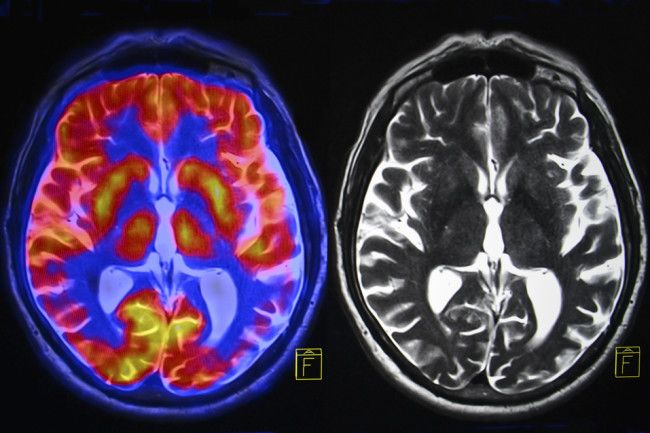Drugs can cause permanent harm to the brain. We’re only beginning to find ways to heal the hurt.





Scientists from the Salk Institute for Biological Studies are homing in on exactly how two new experimental Alzheimer’s drugs could be generating the anti-aging effects seen in early animal studies. The discovery of a unique metabolic pathway, associated with both general aging and the onset of dementia, offers researchers novel directions for future anti-aging studies.
Salk researchers have been developing two experimental drugs for several years with a view on improving cognition and slowing the neurodegenerative decline associated with Alzheimer’s disease. Called CMS121 and J147, the drugs were effective in slowing the progression of Alzheimer’s in initial animal tests. However, the compounds also seemed to demonstrate signs of slowing down general markers of brain aging.
As the two drugs move toward human trials, the researchers have been working to uncover exactly what molecular mechanisms are at play to explain how they work. One potential mechanism was uncovered in early 2018 but that was only part of the story. Now, the Salk team has uncovered an exciting new molecular pathway, influenced by the two drugs, that could explain how the compounds slow down brain aging.
Nextbigfuture has looked at the likely future of SpaceX up to 2030 and now recaps the view to 2030 and extends the view to 2050.
The Mars aspect of SpaceX future impact will be less important than how 25X the speed of sound travel transforms our world and has huge economic impacts.
Geoffrey West and the Sante Fe Institute performed a study of cities and found that if the size of a city doubles, then, on average, wages, wealth, the number of patents, and the number of educational and research institutions all increase by approximately the same degree, about 15 percent. They refer to this systematic phenomenon as “superlinear scaling”: produces, and consumes, whether it’s goods, resources, or ideas. Reusable rockets could create a global city of 9–10 billion people by 2050. This would be a “city” with ten-doublings over a ten million person city. This would be a 150% boost in per-person income.


The combination of ingredients in this smoothie is designed to help reduce bloating.
Each ingredient serves a different function: the celery will help with fluid retention; ginger will help reducing swelling; mint will help with gas; banana is great for water retention and provides fibre; coconut water will help with electrolytes; spinach helps detox as well as with water retention; kiwi will help break down protein and the yogurt will provide probiotics.